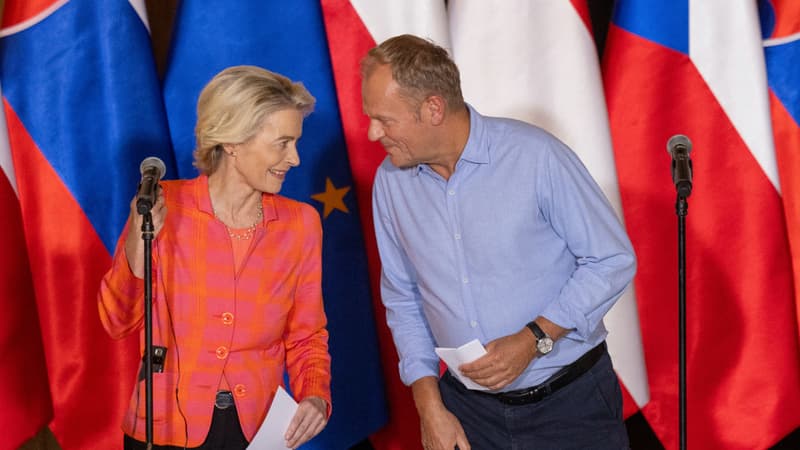Warsaw enters the field and Paris recovers a solid defender in its team. While the proposed free trade agreement between the European Union and Mercosur shakes the Old Continent, Poland has joined the French position, rejecting it in turn “in this form”, in the voice of its Prime Minister, Donald Tusk, becoming echo of the terms used by the French executive. His government passed a resolution backing the country’s opposition to the current version of the treaty, motivated by “concern for Polish farmers and food security.”
The Polish demonstration comforts the camp of those opposed to the agreement, until then composed only of France. Normally, ratification of such a treaty would have required unanimity within the EU Council (which represents member states) and France would not have needed allies to stand in its way. But the European Commission should probably take another legal route to speed up the decision-making process, splitting the EU-Mercosur deal into two parts. In this case, a simple qualified majority would be enough to ratify its commercial aspect.
Lockout minority
If this is confirmed in Brussels, France will need to form a blocking minority (at least four Member States and 35% of the population) to obstruct the ratification of the trade part of the EU-Mercosur agreement, which has strong support from from other European countries. Spain, Portugal and Germany in the foreground. After having been maneuvering for weeks, Paris finally achieved its first success: officially winning Warsaw to its cause. French Agriculture Minister Annie Genevard recently visited Poland.
But nothing is certain yet. Polish support alone is not enough: this blocking minority represents around 160 million inhabitants, while France and Poland only have a little more than 100 million inhabitants between them. There are still two Member States missing to complete the team, and no less important, since almost 60 million inhabitants must also be added to reach the adequate figure. All eyes are on the Netherlands and Austria, and especially on uncertain Italy, divided between supporters and detractors of the EU-Mercosur agreement.
Source: BFM TV


